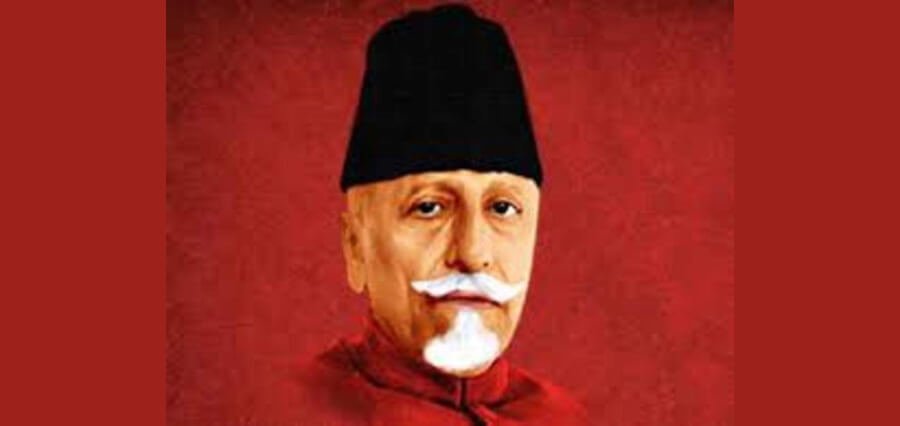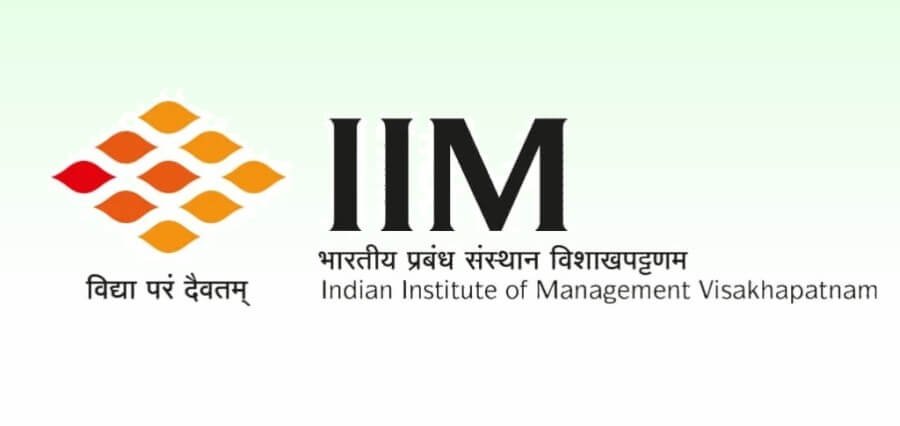Every year, India celebrates National Education Day on 11 November, commemorating Maulana Abul Kalam Azad, the distinguished scholar and a strong freedom fighter and the first education minister of this nation. All such great impacts of Maulana Azad on the Indian educational landscape have left imprints transforming generations under the country’s educational framework.
Azad’s Education Policy was one of forward and radical change. Being the education minister from 1947 till 1958, he played a role in the establishment of IITs and University Grants Commission. Today these two institutions provide the core structures of higher education in India and have greatly contributed to India’s growth in scientific and technological explorations and researches. Education proved to be more of a policy than anything for Azad as his vision for an educated country ensured a strong building up of a system that would give the nation its rise through knowledge.
He was a great Indian freedom fighter and also served in the educational field. He was the youngest president of the Indian National Congress and worked relentlessly for India’s independence. Real engagement of Azad in the national affairs supplemented by his role in the foundation committee in the formation of Jamia Millia Islamia, a movement developed in 1920. Later that year, he participated in the university’s relocation to New Delhi, which still bears his name on its principal entrance.
His education policies were mainly inclusive, aiming at the needs of the rural poor. Gender parity was also one of the main attractions of female education; he had worked for adult literacy and universal primary education. Free and compulsory education for children till the age of 14 is another area wherein Azad has contributed. He also brought out the point that there should be vocational training along with secondary education because most youths needed that sort of practical skill to enter the workforce.
Maulana Abul Kalam Azad’s legacy was something that defined a visionary leader who will always influence India’s educational and social advancement. His ideals of a unified, secular, and learned nation have been the sustained source of inspiration in the country’s continued quest for knowledge and progress.





